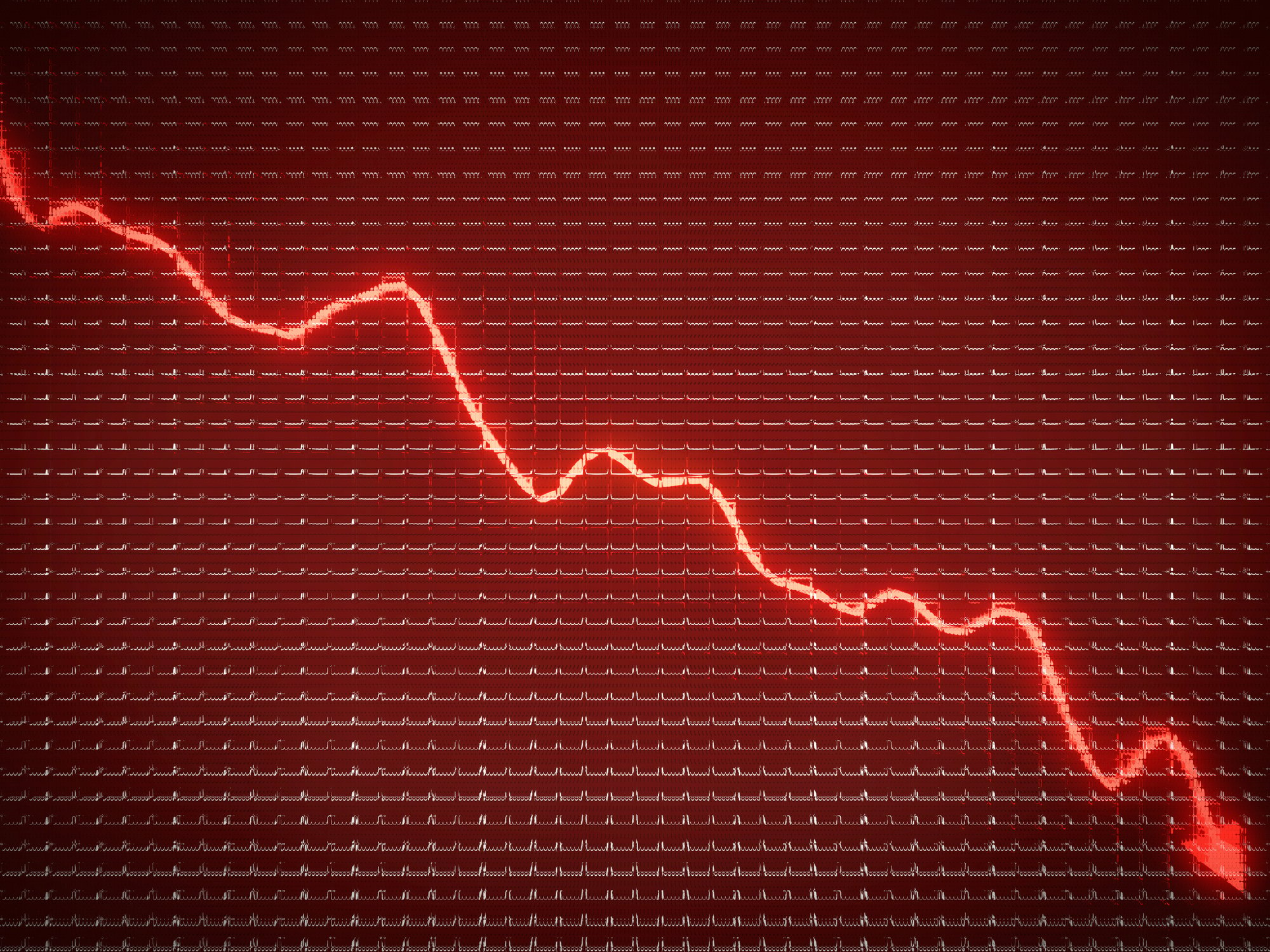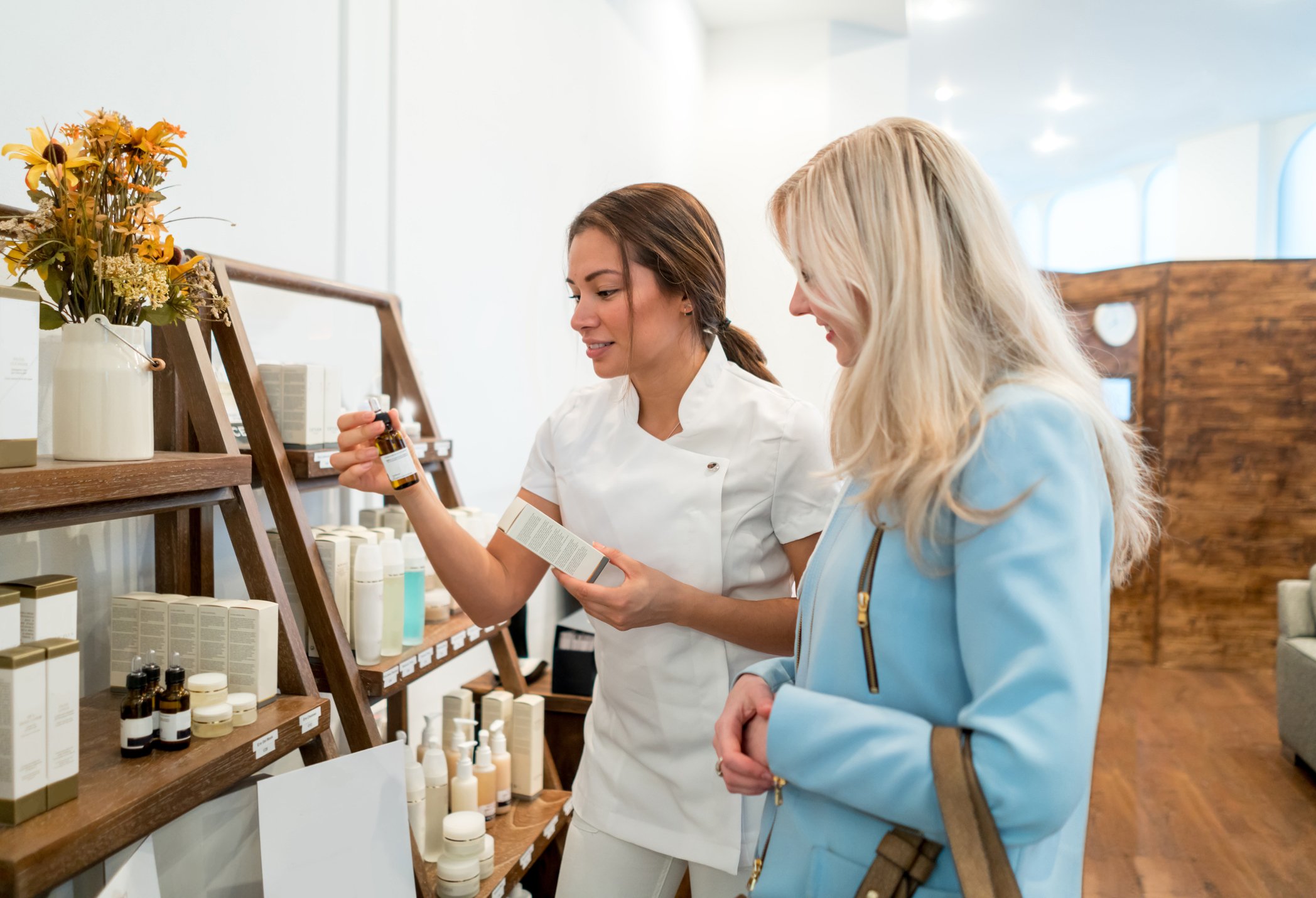The glamorous image of Victoria's Secret is no longer adding sparkle to owner L Brands' (LB 0.67%) earnings. The company, which owns the famous lingerie brand as well as bath shop chain Bath & Body Works, has seen sales and profit shrink as customers turn away from Victoria's Secret in favor of options like American Eagle Outfitters' (AEO 2.56%) Aerie and private companies like Harper Wilde and ThirdLove.
So the question is: Why is today's customer leaving Victoria's Secret? It's all about image. Shoppers of the '80s and '90s flocked to Victoria's Secret, known for its push-up bras, statuesque models, and extravagant annual fashion show. Lingerie in silks, satin, and lace was in everyone's closet, and the idea of comfort wasn't a big part of the bra purchase decision. Instead, glamor was the word.

Image source: Getty Images.
Looking for comfort
Fast-forward a few years, and the entire lingerie landscape has changed. These days, women are looking for comfort. According to The NPD Group, 40% of millennials say that most of their wardrobe is made up of "comfort wear." Millennials, representing the largest share of the women's intimate apparel market in the U.S., were responsible for more than a third of all sales in 2017 and 2018, the data showed.
L Brands has made efforts to reshape Victoria's Secret's image. The brand sells popular styles including sports bras and bralettes (bras without wires or cups), which can be readily found on its website, and has reduced its reliance on items like the push-up bra. In November, the company also canceled the Victoria's Secret fashion show. Airing annually around the holidays on primetime TV, the show featured glamorous models wearing the company's lingerie and iconic angel wings. On the company's third-quarter earnings call, Executive Vice President and Chief Financial Officer Stuart Burgdoerfer said L Brands is "figuring out how to advance the positioning of the brand" and that it is important to "evolve" the marketing of Victoria's Secret.
The message shoppers want to hear
L Brands may have to think quickly to move ahead of the competition, which already is pronouncing the message shoppers want to hear. Aerie, Harper Wilde, and ThirdLove all focus on the comfort theme that's so important to millennials. Inclusivity is another key point for shoppers, and these brands have a handle on that trendy term too. According to Accenture, 42% of ethnic minority shoppers would switch to a retailer that puts a focus on inclusion and diversity, and 29% of all shoppers would likely switch to a retailer that reflects the importance they place on these elements.
Comfort and inclusivity are obvious as soon as a shopper visits the websites of Aerie, Harper Wilde, and ThirdLove. The brands inform customers that their bras are all about comfort. The Harper Wilde and ThirdLove websites offer a vast range of sizes and sizing information (ThirdLove even has a quiz to help the shopper find their size) and feature models with a natural look, wearing bras in neutral tones. Aerie uses words such as "empowerment" and "feeling good."
Though it seems L Brands recognizes the need to reposition Victoria's Secret, the concern is this: Can a brand with such a strong image linked to glamor and ostentation truly revamp to please a customer who is looking for just the opposite? Can shoppers imagine a Victoria's Secret without the vision of models with angel wings strutting down the runway popping into their minds?
For L Brands, the answer to those questions will be a determining factor for sales, earnings, and, therefore, stock performance. The company in the third quarter said sales at Victoria's Secret were at the low end of its expectations, and L Brands reported related impairment charges that resulted in a loss per share.
Even if L Brands is successful in its work on the Victoria's Secret brand, any positive impact on earnings appears to be quite a long way down the road. Though analysts expect a 12% upside in the shares after last year's 29% decline, and the price-to-earnings ratio of about 13 is far from the highs of more than 60 a decade ago, the difficulties at Victoria's Secret mean it's too early to look at this consumer discretionary stock's shares with much optimism.







